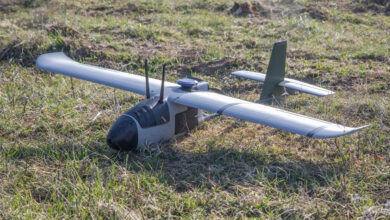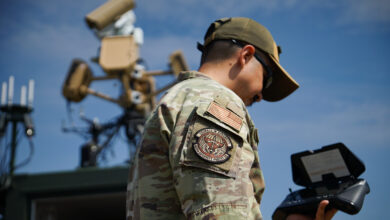Hypori to Extend BYOD Support for US Army
Cybersecurity provider Hypori has secured a $12-million contract to extend bring-your-own-device (BYOD) support for the US Army.
The deal covers the continuous supply of Halo, the firm’s proprietary BYOD solution emulating a virtual workspace on servicemen’s devices.
Halo enables access to the US Department of Defense’s cloud-based enterprise operating system “DoD 365” and allows the signing of digital documents.
The mobile software’s zero-trust architecture enhances remote connectivity and privacy without the use of a common access card, preventing risk to critical information.
Alongside the provision of Halo, the firm will assist the army in transitioning its data applications into the Pentagon’s Impact Level 5 information technology (IT) infrastructure to further boost cyber protection, resiliency, and compliance.
Work for the project will cover active duty, reserve, and national guard members.
“The US Army is committed to leveraging and authorizing secure Software as a Service (SaaS) solutions to reduce Army cloud spending on Infrastructure as a Service (IaaS) deployment models and administrative overhead, so applying this to our BYOD solutions is a logical step toward transforming and modernizing our operations,” US Army Chief Information Officer Leonel Garciga stated.
Approved for Army Enterprise
Hypori’s latest BYOD agreement followed Halo’s approval as an enterprise capability for US Army use in 2023. The company supports approximately 50,000 army users.
“This contract underscores our commitment to delivering superior IT solutions for the Army and supporting our nation’s defenders,” Hypori CEO and President Jared Shepard said.
“As the cyber threat landscape continues to evolve, government networks and data must be protected without compromising user privacy. We’re proud to be the mobile BYOD solution provider that meets these critical needs.”
Halo for Air Force
Hypori accepted a separate $4.1-million award in August 2024 for similar support of the US Air Force.
It stipulated the distribution of 10,000 licenses of the Halo software across the service, with enlistment to begin in the fall.












